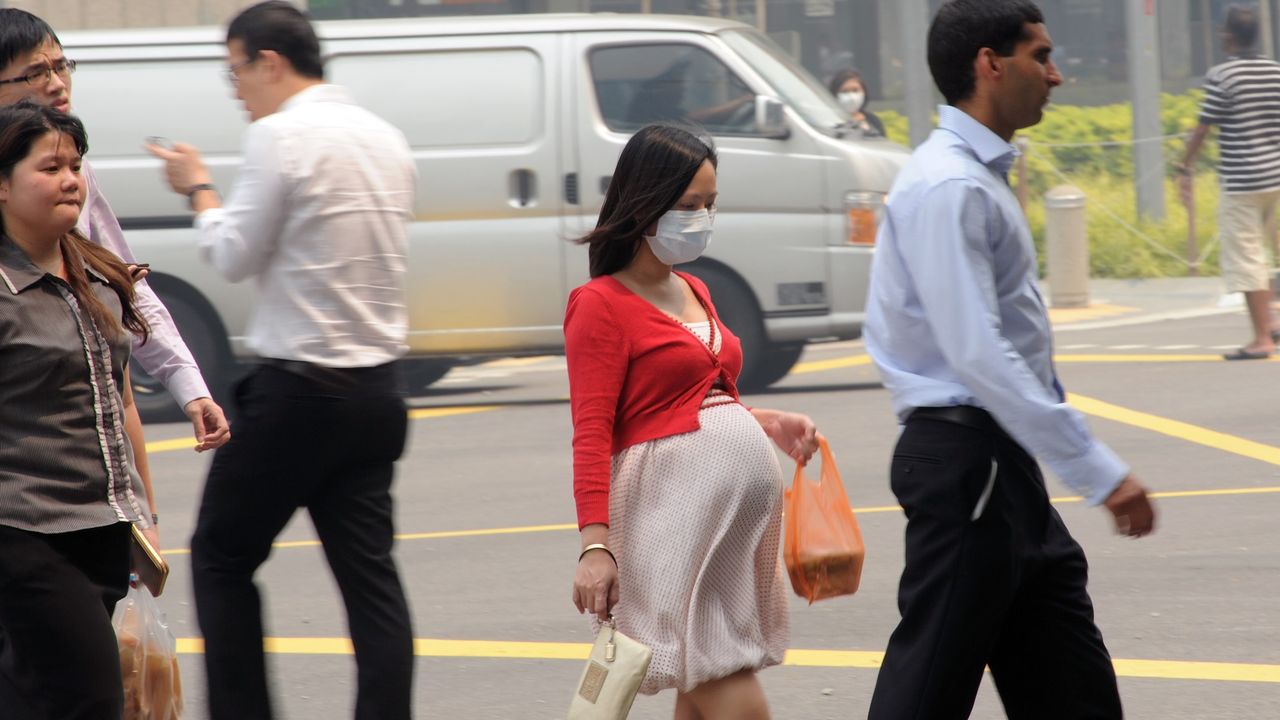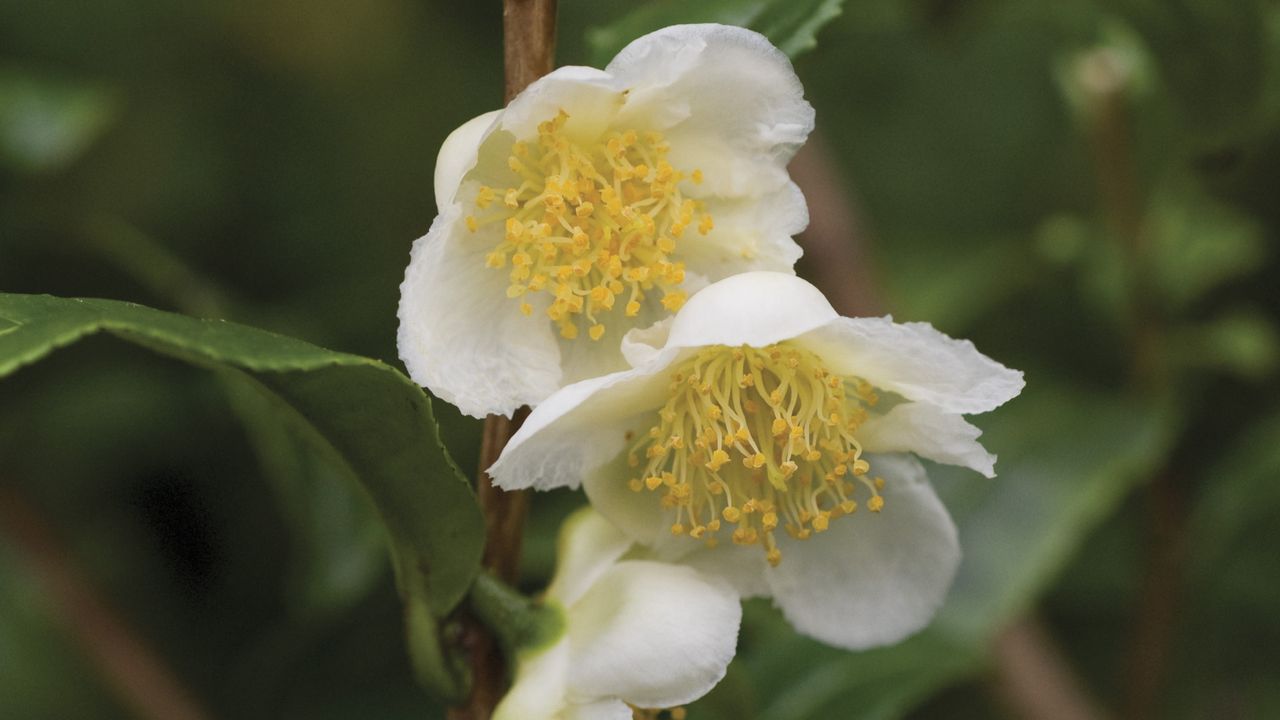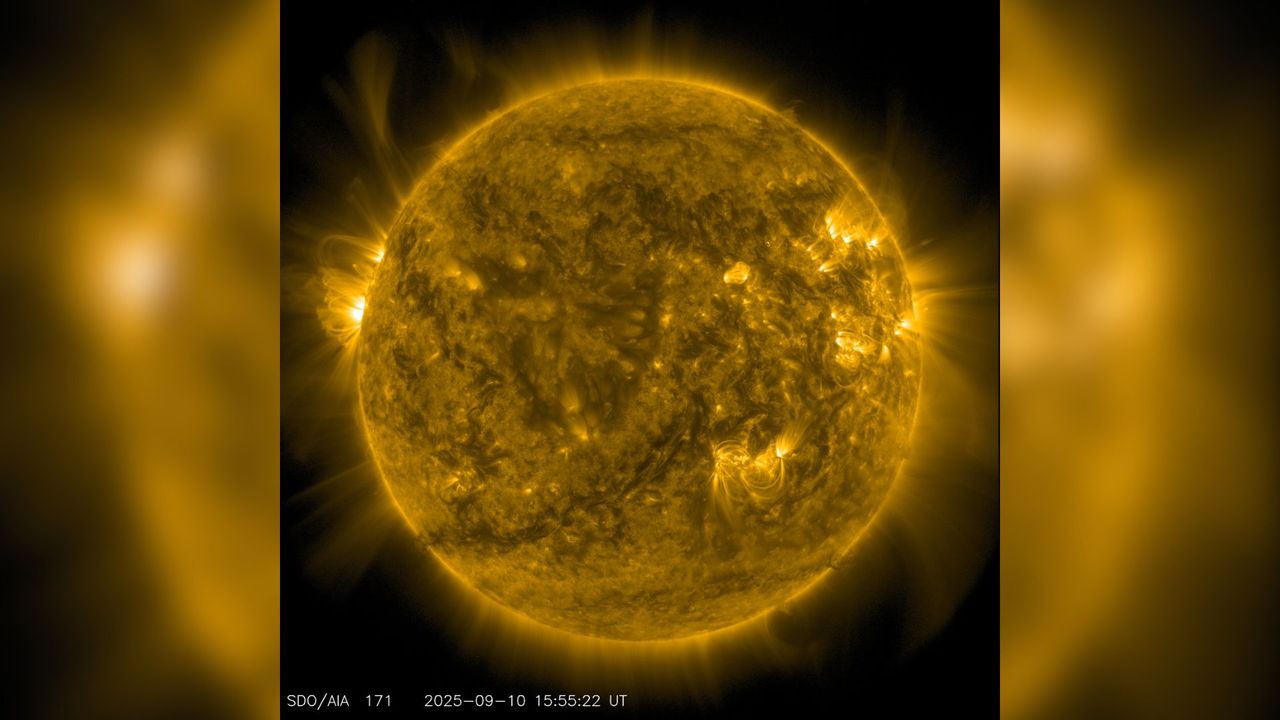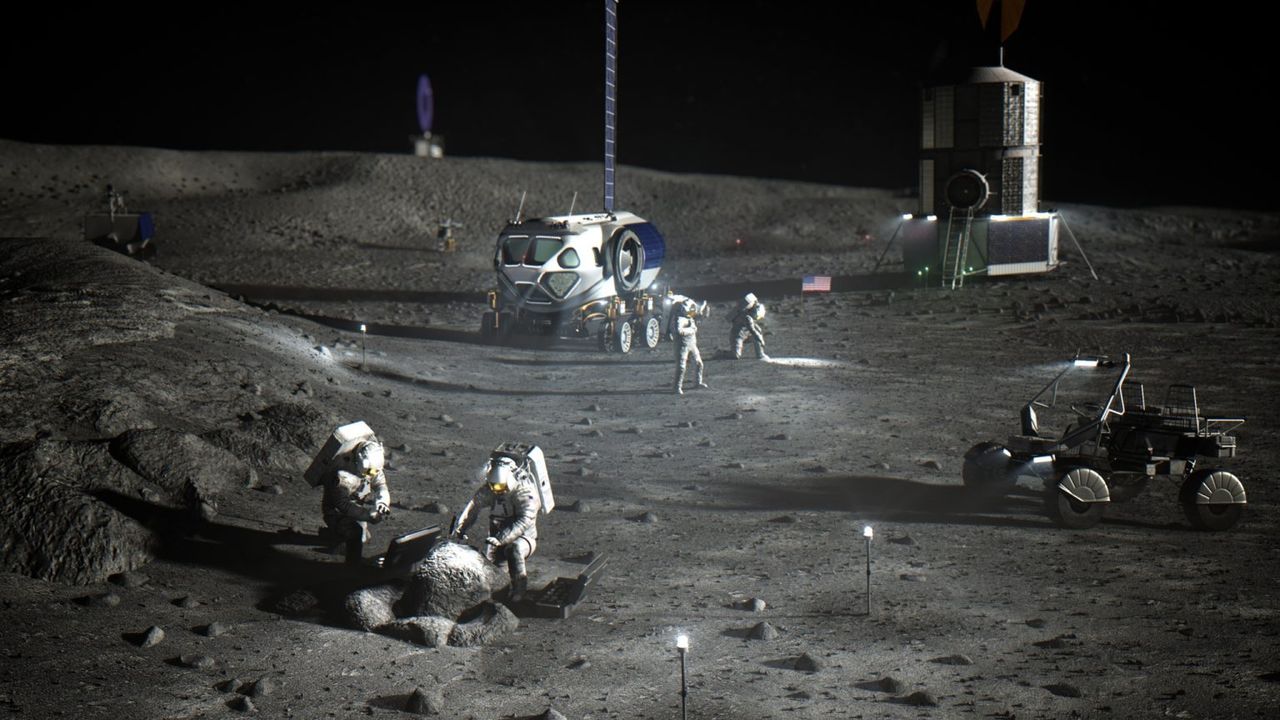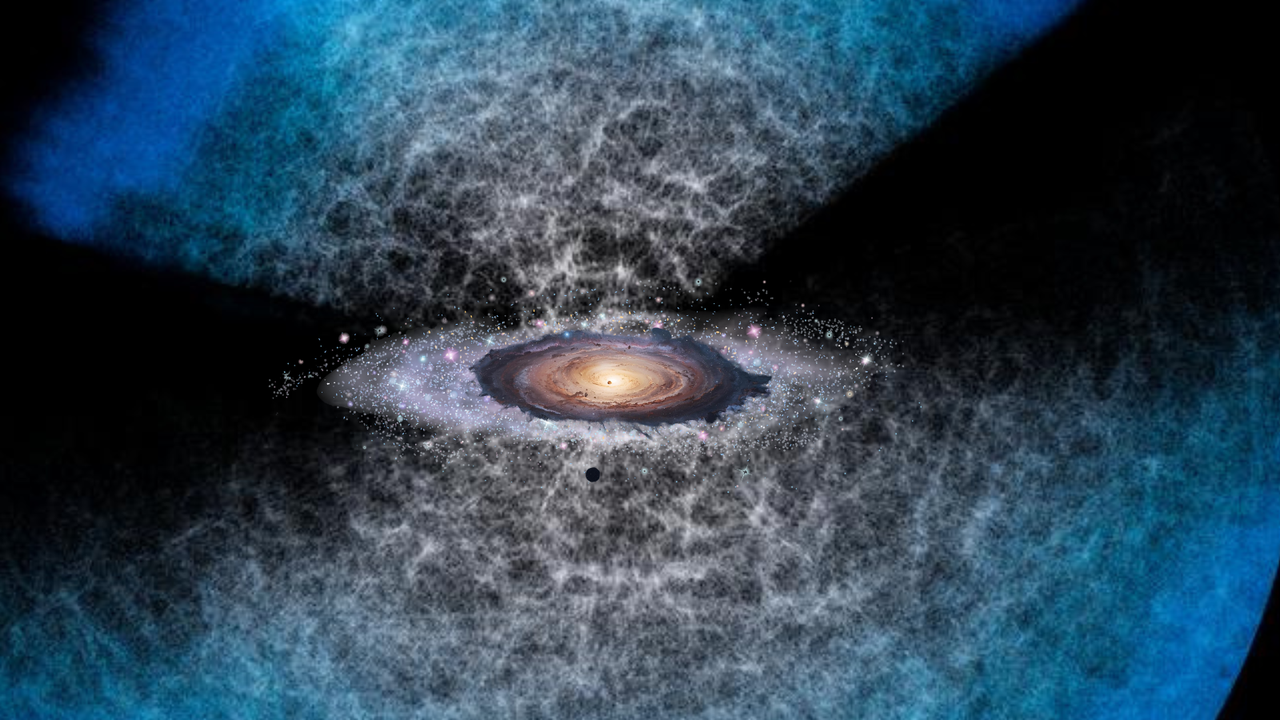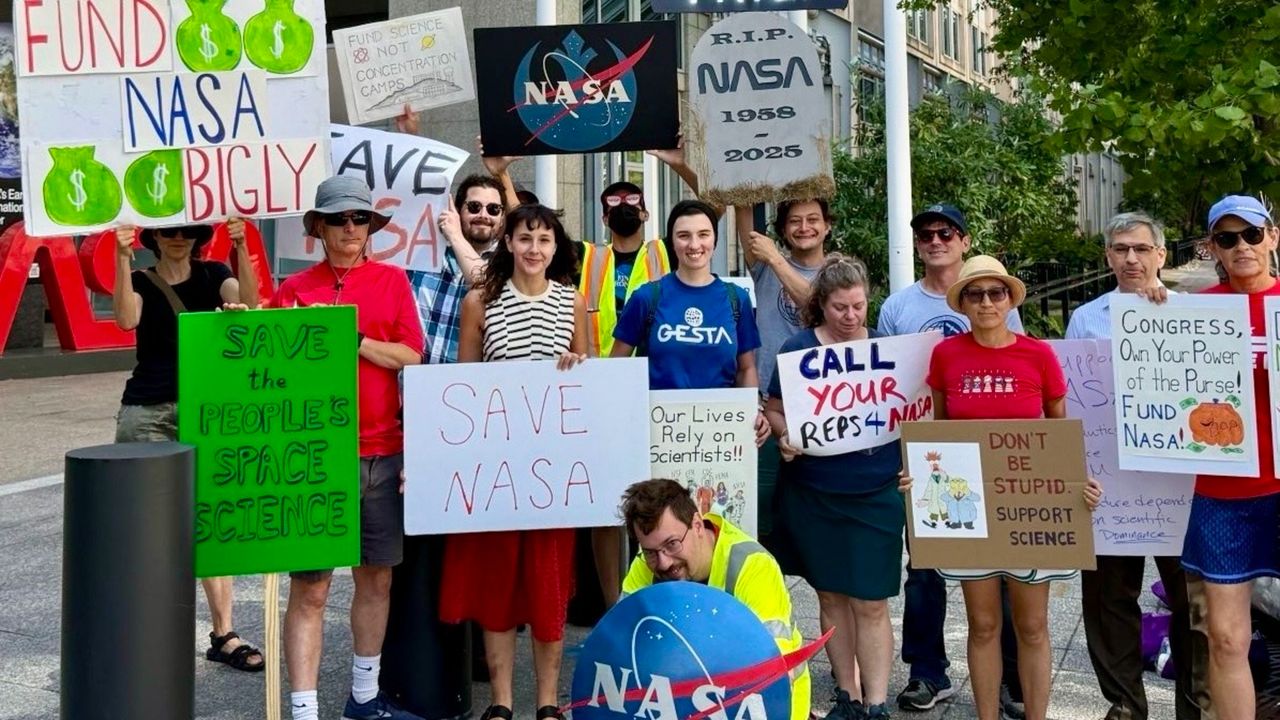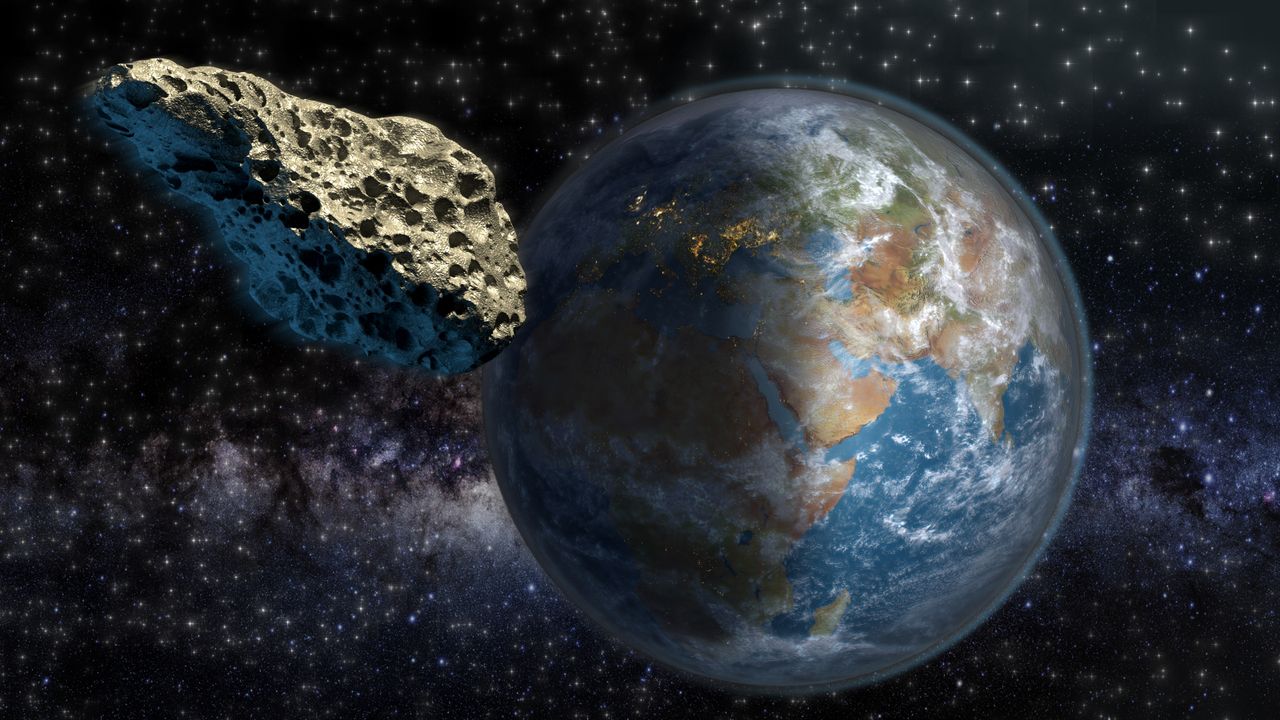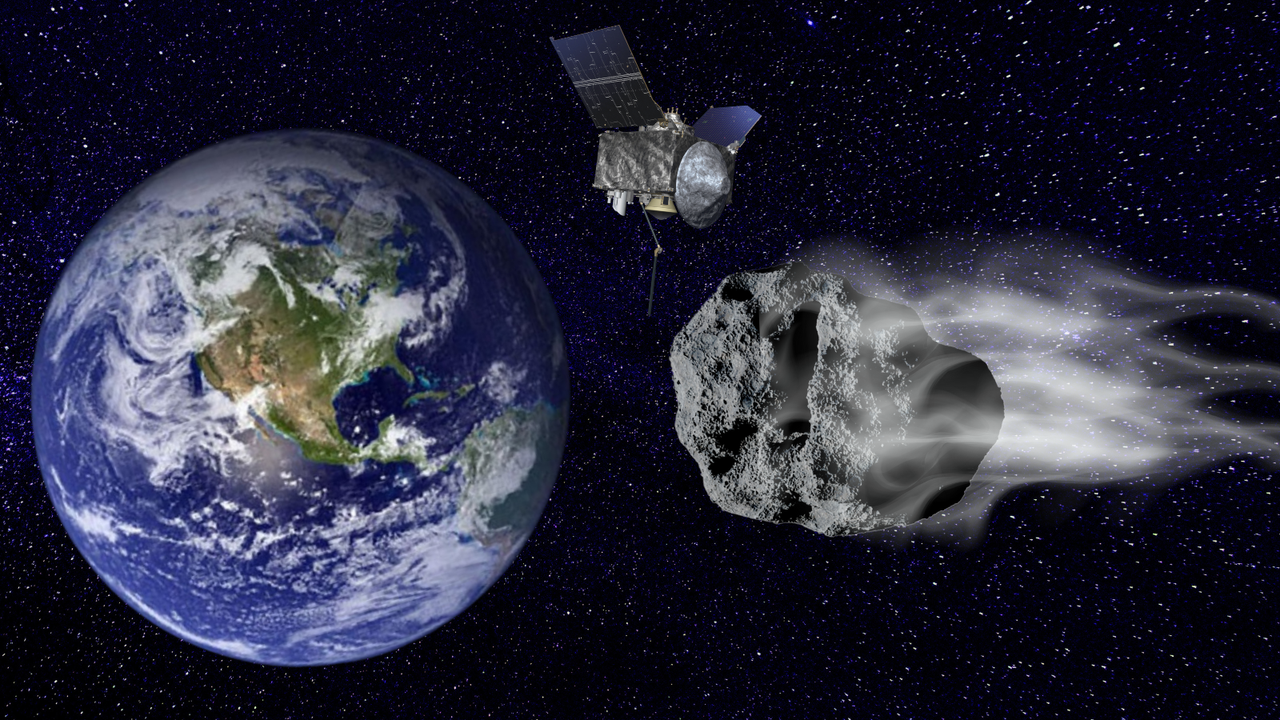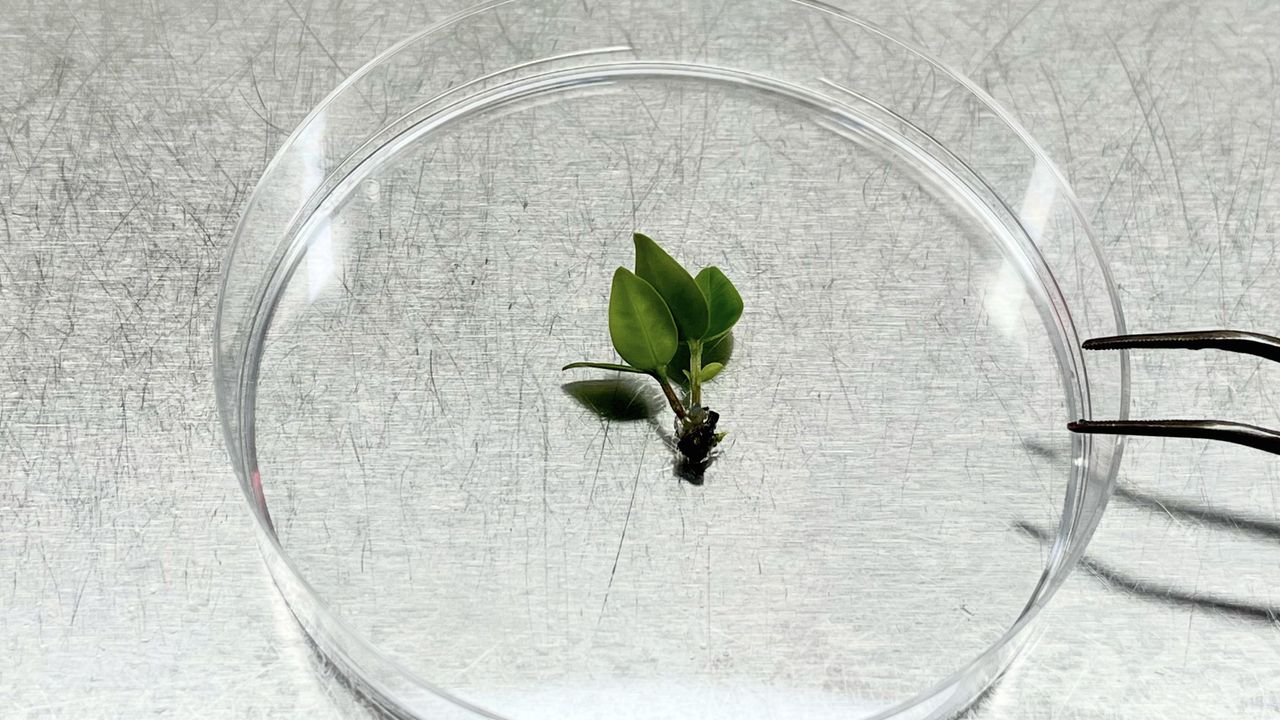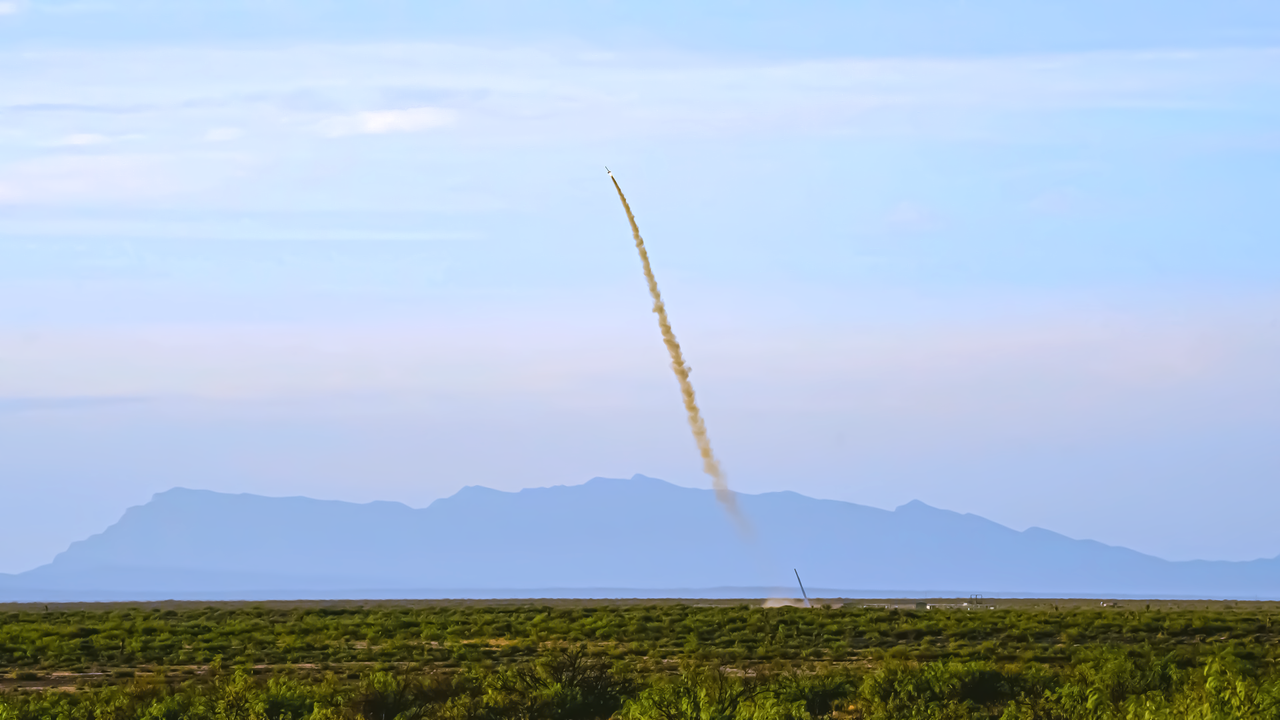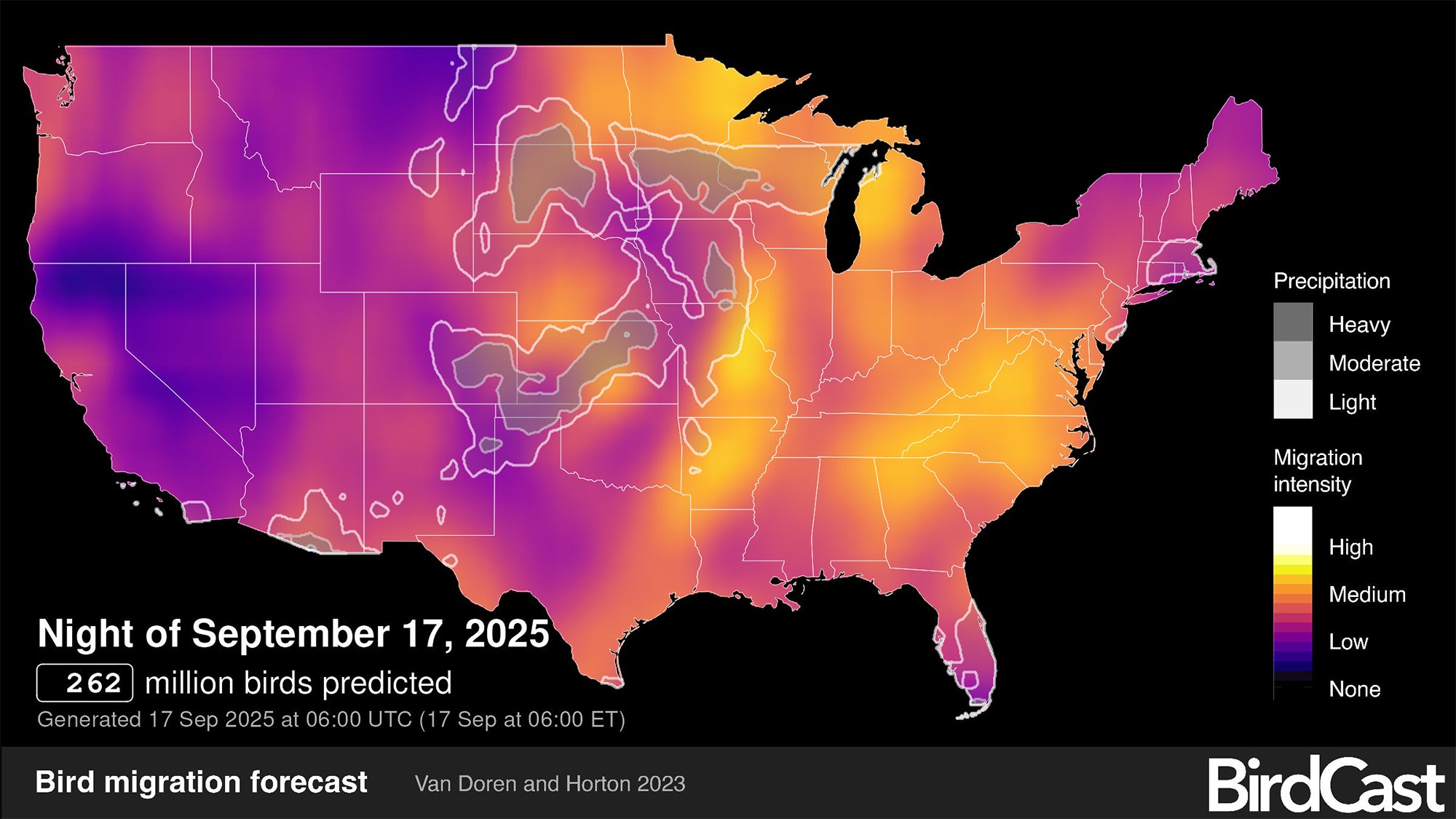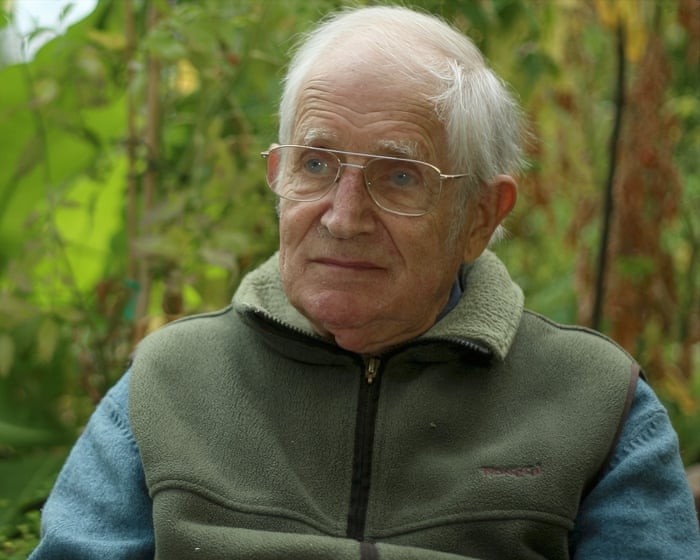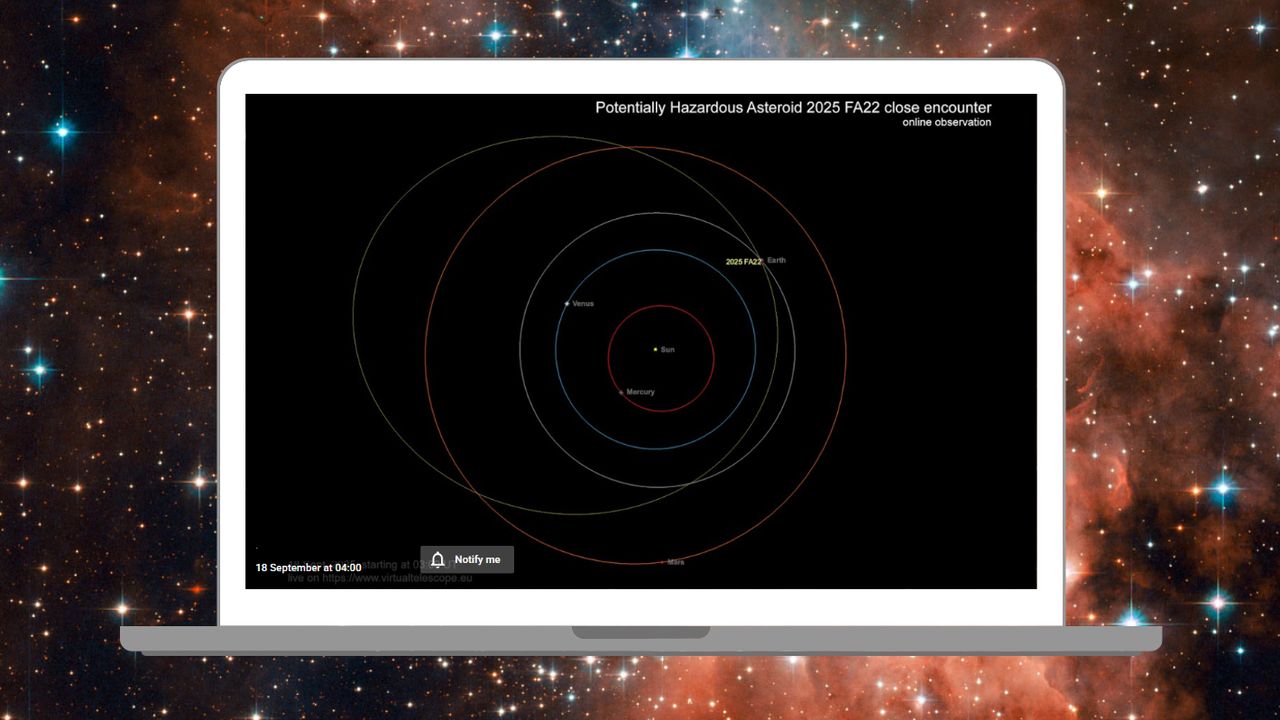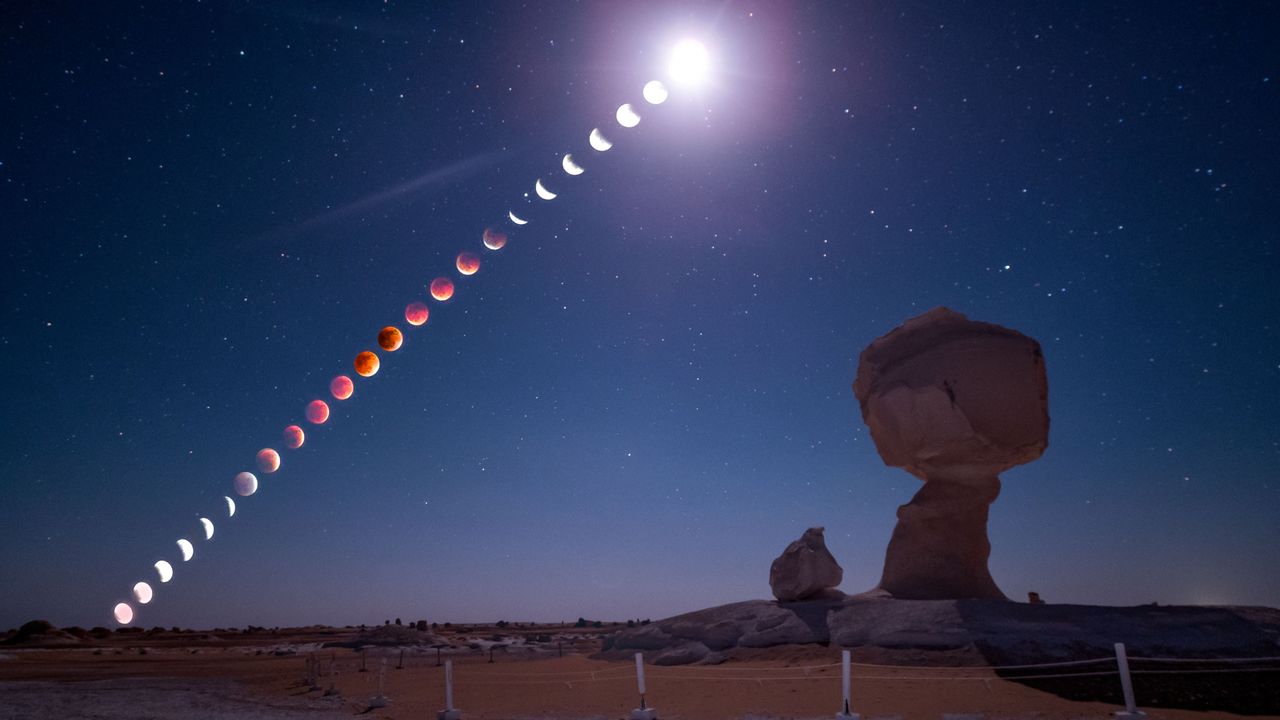'The sun is slowly waking up': NASA warns that there may be more extreme space weather for decades to come
NeutralScience
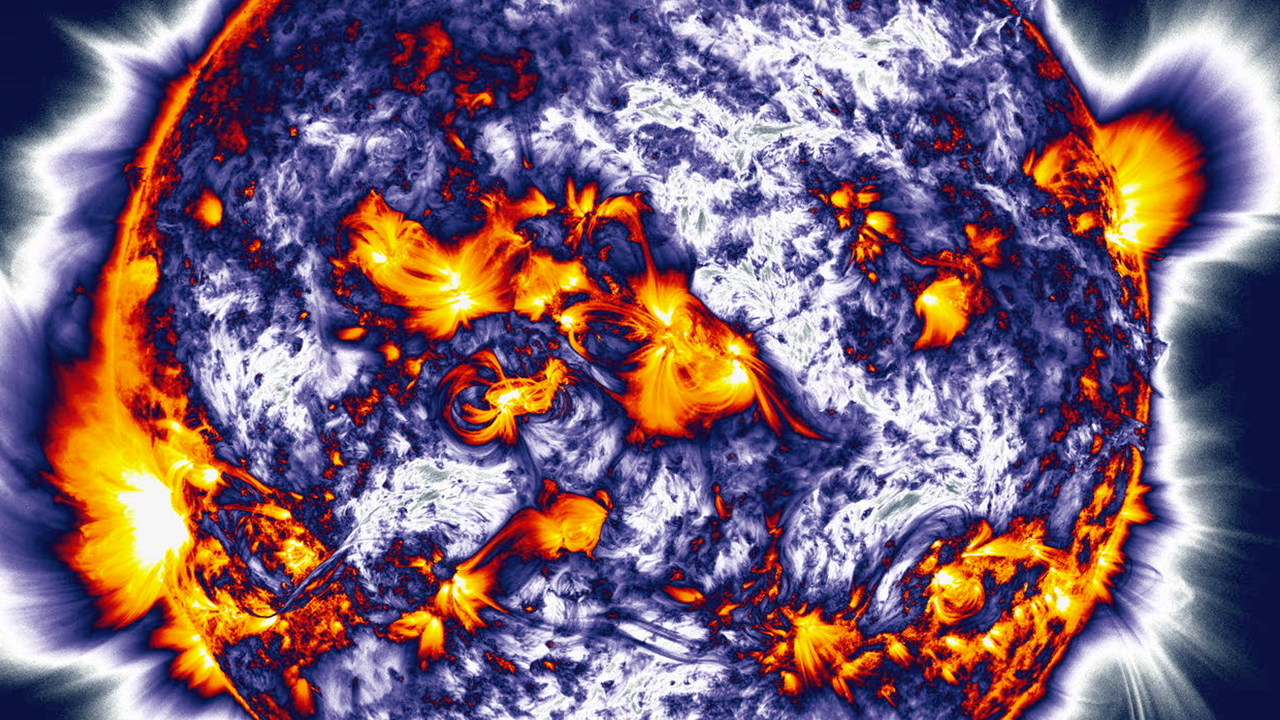
A recent NASA study indicates that solar activity is expected to remain high or even increase over the next few decades, challenging earlier beliefs that the sun was entering a quieter phase. This finding is significant as it highlights the unpredictability of solar behavior and its potential impact on space weather, which can affect satellite operations and communication systems on Earth.
— Curated by the World Pulse Now AI Editorial System
